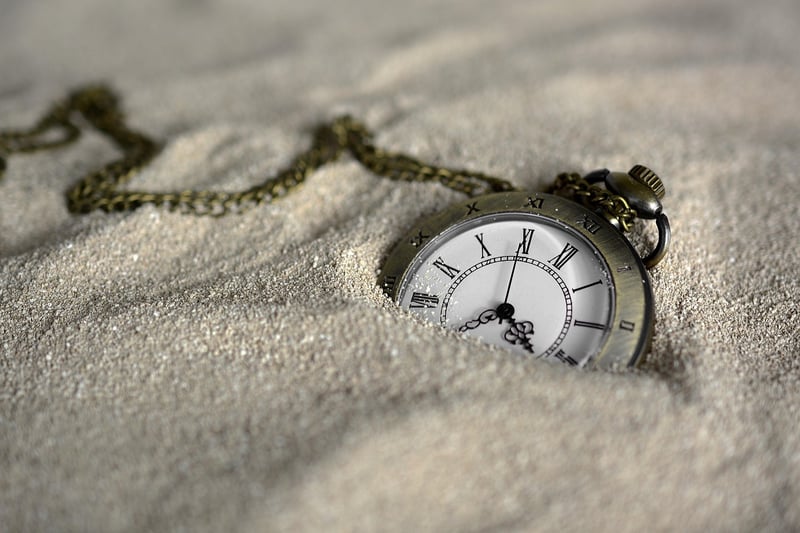Ethical Dilemmas
The Moral Implications of Time Travel and Ethical Dilemmas
Time travel has long captured the imagination of humanity, appearing in countless works of fiction and inspiring scientific inquiries. However, beyond the realm of entertainment and speculation, the concept of time travel raises profound moral implications and ethical dilemmas that are worth exploring.
1. Altering the Course of History
One of the most significant moral implications of time travel is the potential to alter the course of history. The ability to change past events raises questions about the consequences of such actions. Would it be morally justifiable to prevent tragedies or alter significant historical events, knowing that it could have ripple effects on the present and future?
2. Responsibility and Accountability
Time travelers face complex questions of responsibility and accountability. If a traveler intervenes in the past and inadvertently causes harm or changes the course of events for the worse, who should be held accountable for the consequences? Should time travelers be subject to a different set of ethical standards than those in their original timeline?
3. Paradoxes and Causality
The concept of time travel introduces paradoxes and challenges the fundamental principles of causality. Paradoxes such as the grandfather paradox, where a time traveler prevents their own existence by altering the past, raise questions about the nature of free will, determinism, and the ethical implications of altering one's own timeline.
4. Intervening in Natural Processes
Time travel could allow individuals to intervene in natural processes, such as preventing natural disasters or altering the course of evolution. While the intention behind such interventions may be noble, the ethical implications of playing "time god" and disrupting the natural order are significant.
5. Cultural and Temporal Sensitivities
Time travelers must navigate cultural and temporal sensitivities when interacting with past societies. The introduction of future knowledge, technology, or values could have far-reaching consequences on the development of civilizations and raise questions about cultural preservation, authenticity, and respect for historical integrity.
Conclusion
As we delve into the moral implications of time travel and ethical dilemmas it presents, it becomes clear that the ability to manipulate time is not merely a technological feat but a profound philosophical and ethical challenge. Exploring these questions can deepen our understanding of morality, causality, and the nature of human agency in a universe governed by the constraints of time.

For further exploration of this fascinating topic, check out Stanford Encyclopedia of Philosophy's entry on Time Travel.
